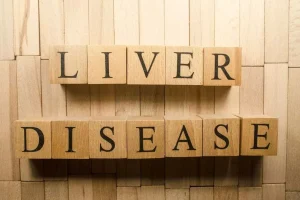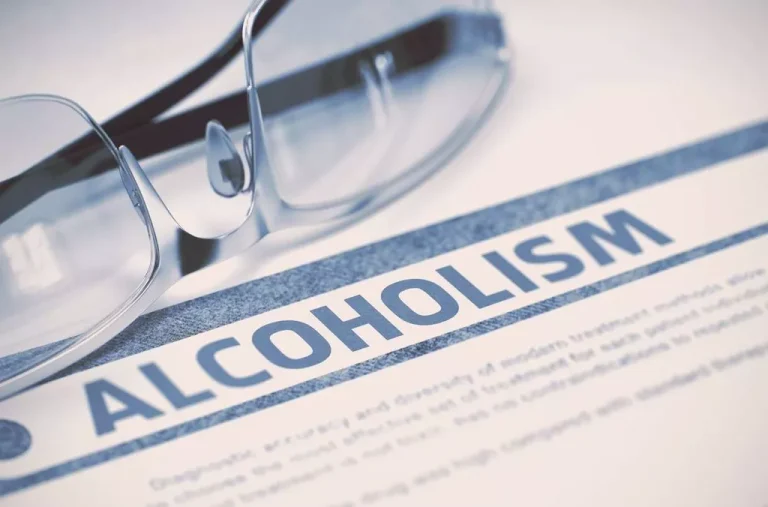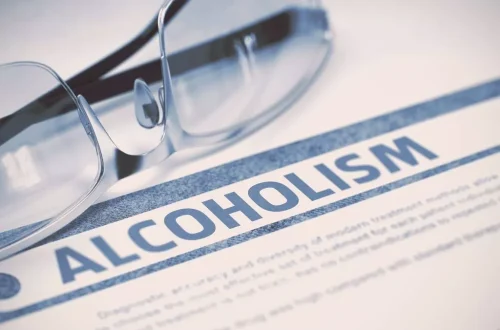Narcissism and Alcoholism: Similarities, Differences, Diagnosis

Although the overall R2 was small for problem evaluations, this result is novel since no other study has examined a narcissist’s perceptions of alcohol-related problems. This duality of addiction and narcissistic personality disorder (NPD) not only affects the individuals but also interferes with their loved ones, causing anxiety and strain in their relationships. The similarities and differences between alcoholism and narcissism Halfway house combined lead to a severe and challenging mental health disorder that requires special attention.
2. Narcissism
Common narcissistic traits of NPD include grandiosity, inflated self-image and self-worth, as well as a lack of empathy. A 2019 study looked at the link between narcissism and alcohol consumption in a questionnaire of 345 college students. Both grandiose and vulnerable narcissism were predictors of alcohol consumption and alcohol-related problems. Narcissistic personality disorder can be one of the more challenging mental health conditions to treat.
Featured Programs
- Grandiose narcissism is a personality factor contributing to the likelihood of alcohol consumption and a good evaluation of alcohol problems.
- They may always demand your attention, leaving little room for you to focus on your needs and desires.
- Although people with AUD may relapse or have treatment setbacks, they can recover from the disorder.
People with NPD tend to have difficulty receiving criticism from others, and as such, they might find it difficult to commit to psychotherapy and lifestyle changes. People who are genetically predisposed to experience unpleasant side effects of drinking are less likely to drink often, making AUD unlikely. These overlapping traits can make it hard to distinguish alcohol misuse from narcissism. In some cases, someone who’s misusing alcohol may display similar tendencies to narcissistic people — or at least, it might come across that way to those around them. Contact friends, family, or support groups to share your experiences and feelings. Engaging in arguments with an alcoholic narcissist can be futile and emotionally draining.

Dry Drunk and Narcissism
While these findings are novel, they should be considered an initial investigation of these associations. This study has several limitations including the use of a cross-sectional design and a sample consisting of college students in emerging adulthood. Future investigators should be encouraged to examine this pattern of relationships with a sample of individuals in treatment for alcohol use disorders (AUDs).

Next steps
Grandiose and vulnerable narcissism differentially predicted all five of the outcomes. Grandiose narcissism was a significant predictor of alcohol use and a positive problem evaluation while vulnerable narcissism was a significant predictor of alcohol-related problems, problem recognition, and problem expectancy. These traits can put a significant strain on personal and professional relationships, potentially leading to isolation for the alcoholic narcissist. Recognizing these characteristics and understanding the interplay between narcissism and alcoholism is critical for anyone seeking to support or treat someone struggling with these co-occurring conditions.
- Substance use disorders like AUD are characterized by mental and physical addiction.
- Not all narcissists are alcoholics, nor are all alcoholics narcissists, although alcoholism often causes people to develop narcissistic traits, such as arrogance, self-absorption, and a lack of empathy.
- If you think that you or a loved one has NPD or AUD, knowing the symptoms can help you better understand both conditions.
- Suggest that the alcoholic narcissist seek professional help to address both their addiction and narcissistic traits.
- The motivational interviewing approach could be used to encourage individuals suffering from AUDs to think about the consequences of their choices of voicing or acting on their devaluing beliefs.

In addition, men scored higher on exploitativeness (i.e., interpersonally manipulative for personal gain) than women. We conducted mediational analysis with asymmetric confidence intervals and a bias-corrected bootstrap technique. Mediational tests showed that higher levels of grandiose-fantasy were indirectly related to fewer alcohol-related problems through less IC and less heavy-episodic drinking. In contrast, higher levels of devaluing were indirectly related to more alcohol-related problems through more IC and heavy-episodic-drinking. Our results suggest that targeting thought processes in which people with Alcohol Use Disorders (AUDs) are actively devaluing others may be a good target for therapeutic intervention.
According to Vazire & Funder’s meta-analysis (2006), impulsive acts account for much of a narcissist’s maladaptive behavior. In fact, narcissists have been found to score lower on overall self-control (Ludwig et al., 2013; sample of healthy 18–34 year olds) than non-narcissists. In addition, self-control has been found to mediate a composite score for narcissism (using the PNI) and substance use. Due to a tendency to use poor self-regulation strategies, narcissists may be particularly prone to engaging in alcohol use through IC, (Dowgwillo, Dawood & Pincus, 2016; Vazire & Funder, 2006).

If you know someone who regularly uses alcohol, it’s possible that narcissism might be one of the influencing factors. Research supports the link between some narcissistic traits and alcohol use. Although it may be impossible to prevent NPD, people can take steps to reduce the risk of developing additional disorders through the understanding that it is common for substance misuse disorders to co-occur. Risk factors for NPD include having difficult relationships with parents or caregivers during a person’s developmental years that may include excessive praise or criticism. You could start by exploring peer support groups like Al-Anon that help families and loved ones living with people with AUD.
Though it is against our prediction, it isn’t completely surprising that vulnerable narcissists expect to experience problems. Their insecurity and low self-esteem might lead them to expect bad situations to occur.27 It is also possible that vulnerable narcissists expect problems to happen to them based on their previous experiences with alcohol problems. Very little research has been conducted are all alcoholics narcissists specifically on narcissism’s effect on problem recognition or a person’s readiness to change.
If you answered “yes” to most of the questions above, speaking with a therapist might be a good idea. Regardless, it’s always a good idea to look for mental health help if you’re experiencing something that causes you distress. If you think that you or a loved one has NPD or AUD, knowing the symptoms can help you better understand both conditions.
Вы должны быть авторизованы, чтобы оставить комментарий.



Об авторе